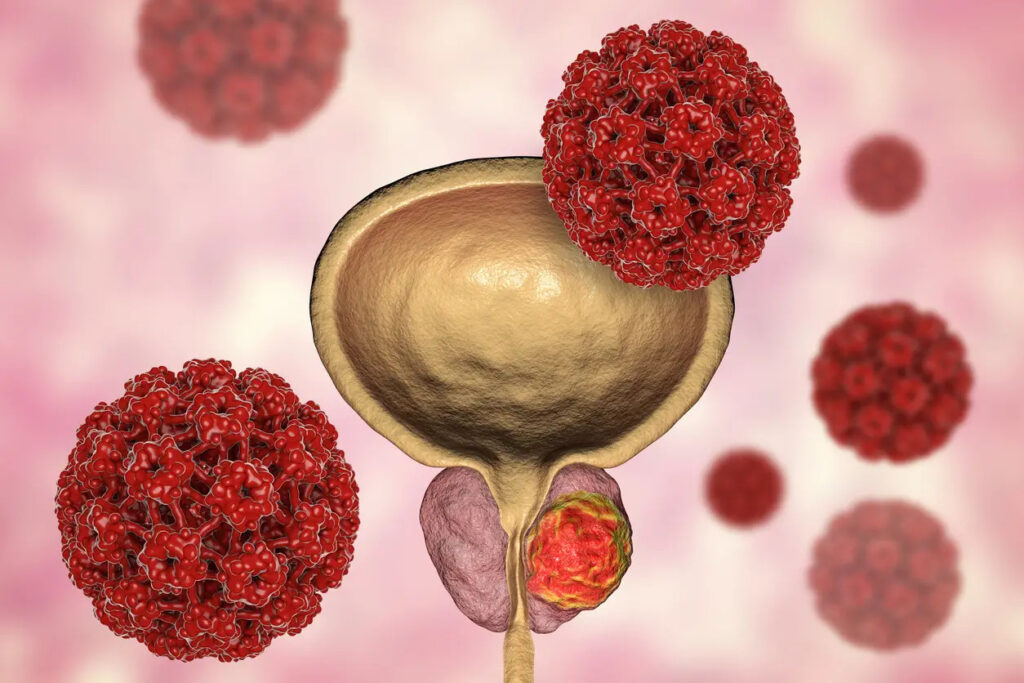
Laser Prostate Surgery
Today, in the treatment of prostate diseases, the patient laser prostate surgery is implemented. The advantages of laser technology are used in prostate diseases that negatively affect both the physical health and psychology of patients. HoLEP and ThuLEP methods are used in the treatment of benign prostatic hyperplasia.
What are the Advantages of Laser Prostate Surgery?
Since the prostate tissue is completely removed in the laser prostate surgery performed on the patient, there is no risk of recurrence of the disease. Bleeding can be controlled during surgery. Laser prostate surgery HoLEP method is quite safe for patients using blood thinners. Since the risk of bleeding is low, the duration of hospital stay is also short. The patient's recovery process and return to normal life activities are quite rapid.

How is Laser Prostate Surgery Performed?
With the HoLEP method, anesthetizing the area below the waist is sufficient for laser prostate surgery. During the surgery, the enlarged prostate tissue is separated from the capsule by entering through the normal urinary tract. The prostate tissue pushed into the urinary bladder is cut into small pieces with a special tool and taken out.
Laser, which has become widely used in the field of urology today, has enabled new developments in prostate surgery. Laser prostate surgery It is among the surgical operations with a high success rate and low risk rate when performed by physicians who are experts in the field.
Sexuality After Laser Prostate Surgery
Many patients think that laser prostate surgeries have a negative effect on sexuality. HoLEP treatment, which is among the laser prostate surgery methods, affects only 0.4 mm depth of the prostate capsule, so the nerves passing around the prostate and providing erection in men are not damaged. In the Thulium Fiber Laser (ThuLEP) technique, 0.25 mm depth of the prostate capsule is affected. For this reason, there is no damage to the sexual organs in the ThuLEP method.

Return to Normal Life After Laser Prostate Surgery
The patient can return to normal life 2 to 3 months after surgery. If the urologist deems it appropriate, he/she can perform light physical exercises. patients laser prostate surgery During the post-operative period, the patient should consume fiber-rich foods and be careful not to become constipated. During this period, it is recommended that they stay away from acidic drinks, hot and spicy foods. The patient should not have sexual intercourse for the first 4 to 6 weeks after surgery.
Frequently Asked Questions
Laser prostate surgery is performed under general anesthesia or anesthesia from the waist down. By entering the urinary tract with cameras, the prostate tissue is separated from the capsule with a laser. The prostate tissue thrown into the bladder is vacuumed and taken out of the body.
Laser prostate surgeries are surgical operations with low risk rates. Since the prostate tissue is completely removed, there is no risk of recurrence of the disease.
Although the duration of laser prostate surgery varies depending on various factors, the surgery is completed within an average of 1 hour.
Our treatments
- Prostate cancer
- Bladder Cancer
- Kidney Cancer
- Kidney stone
- Robotic Surgery
- HOLEP
- ThuLEP
- Prostate Biopsy
- hydrocele
- Varioxel
- Testicular Cancer
- Urinary tract infection
- Urinary Incontinence in Women
- Urodynamics
- Vesicovaginal Fistula
- Laparoscopy Surgery
- Sacral Neuromodulation
- Laser Prostate Surgery
- Penile Prosthesis Implantation
- Prostate Hot Water Steam Treatment
- Penile Shock Wave Therapy – ESWT
- Male Infertility
- Drug Treatment for Sexual Dysfunction (Erectile Dysfunction)


